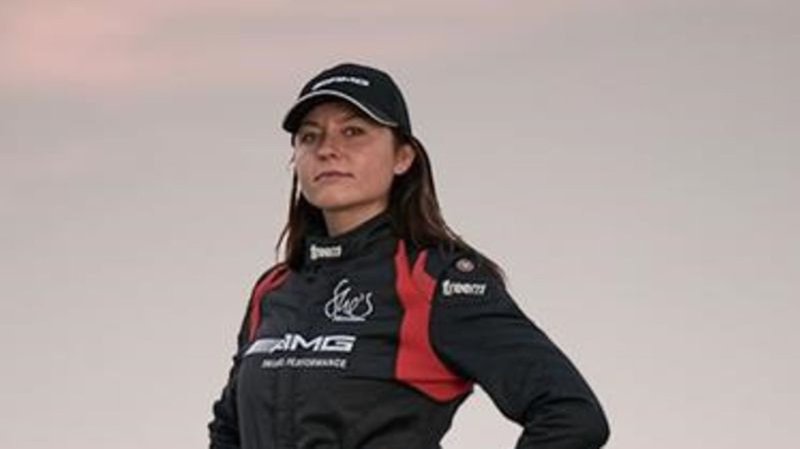
Canadians are blazing a trail for female drivers in male-dominated sport
MONTREAL — Demi Chalkias grew up in the country, on the outskirts of Stoufffille, Ont. The family had no cable or internet, but there were plenty of dirt bikes, ATVs and tractors to play with.
“I loved driving anything with an engine,” she said.
Chalkias would set up a course on their driveway using basketballs as pylons and steer one of their many vehicles through it, sometimes backwards.
She went on to be a high-level triathlete, but when a serious hip injury ended her career, she turned to driving.


